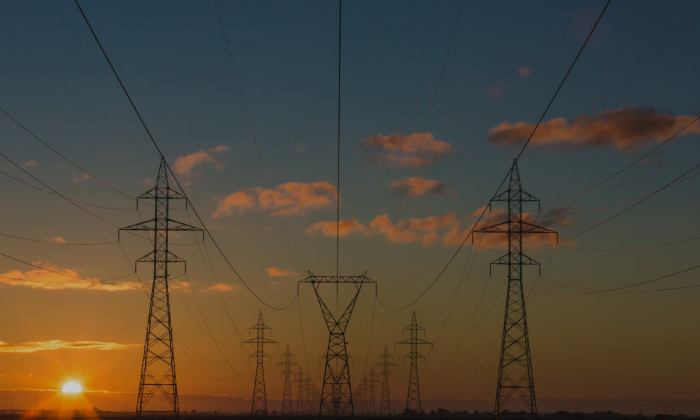


Sri Lanka’s state power utility, the Ceylon Electricity Board (CEB), reported a net profit of 93 billion rupees by June 2024, which was used to settle outstanding debts, including payments to renewable energy developers, thermal power plants, and coal procurement. This settlement allowed the CEB to reduce electricity tariffs for consumers. Despite a drop in revenue, the CEB posted a 67 percent profit increase to 34.5 billion rupees for the quarter ending June 2024, largely due to lower financial expenses and costs.
However, Fitch Ratings warned that deviating from the current cost-reflective tariff structure could jeopardize CEB’s balance sheet and the long-term health of Sri Lanka’s power generation sector. The CEB might need to cut capital expenditures to meet payment obligations if necessary, following a regulator-mandated tariff reduction.